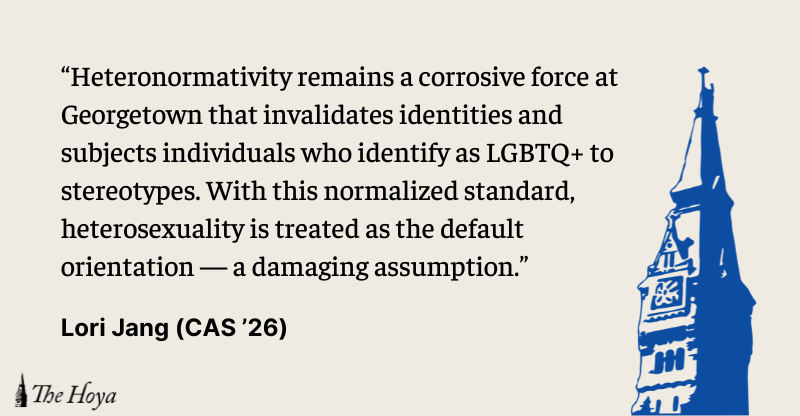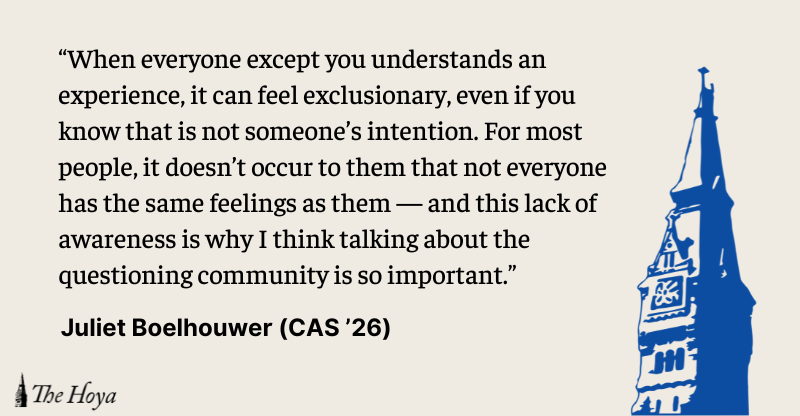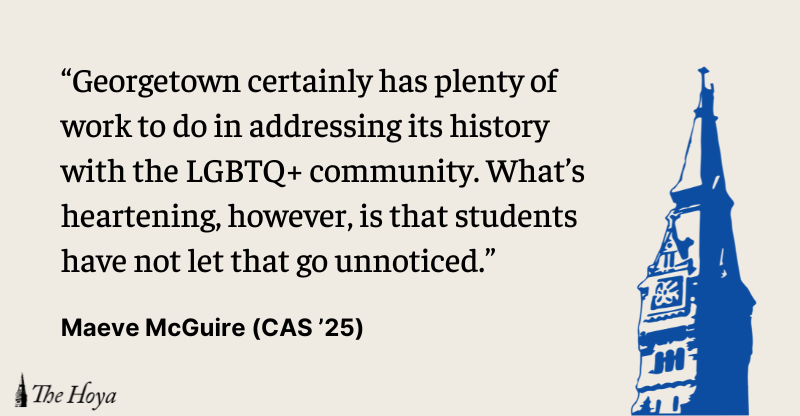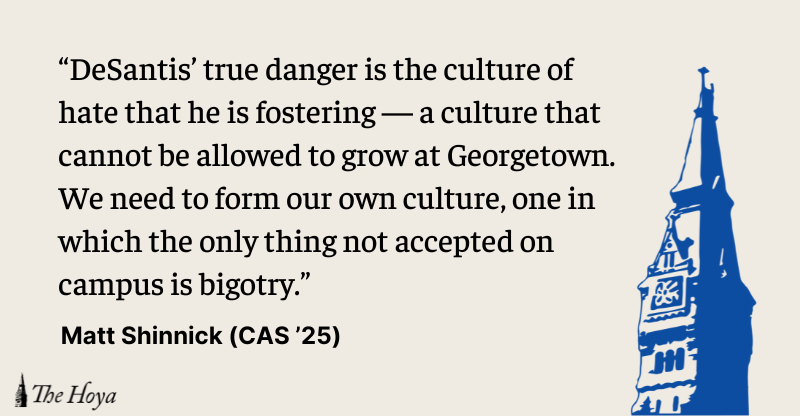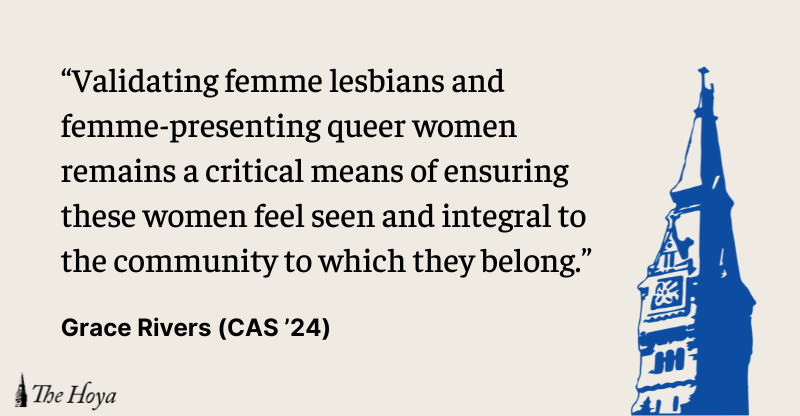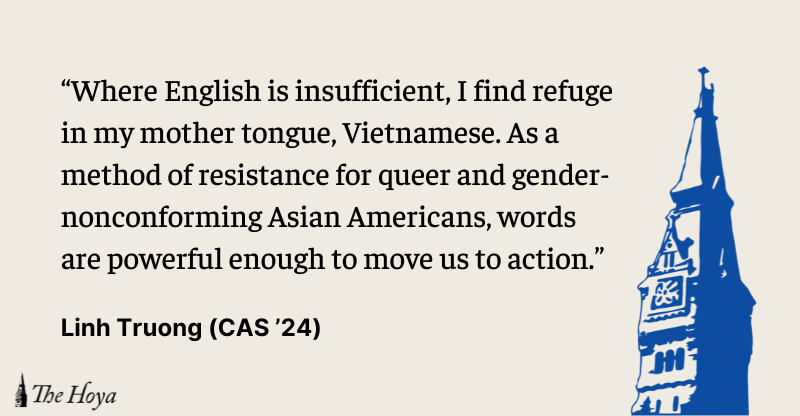CW: This article references/discusses homophobia.. Please refer to the end of the article for on- and off-campus resources.
“Being homosexual isn’t a crime” should not be a revolutionary position. However, those were the groundbreaking words that Pope Francis said in a Jan. 25 interview with the Associated Press — the first time that a pope has spoken out against laws criminalizing homosexuality.
Although it is promising that Pope Francis supports the repeal of cruel anti-homosexual legislation, the Church’s unflinching position that being gay is a sin contributes to discrimination against LGBTQ+ people, even if that is not the intention. The Pope went on to explain that while homosexuality is “a sin,” Catholics should not discriminate against homosexuals, as we all commit sins.
Despite the Pope’s attempt to frame the “sin” of homosexuality in a tolerant manner, the classification of homosexuality as a sin still implies the identity as categorically negative and as something that is rejected by God. The Pope’s statements do not signal any true shift on the Church’s behalf on the topic of homosexuality. Unfortunately, the reality is that rejection of homosexuality is clearly outlined in the Church’s Catechism, and the Church is unlikely to move away from this position in the near future.
As a Catholic institution, Georgetown University cannot wait on the Church to change its mind about LGBTQ+ people. Thus, the university must forge its own path and create a safe and accepting environment for students who identify as queer or trans.
Historically, Georgetown has failed to protect the queer community. In 1988, Georgetown agreed to end an eight-year legal battle and grant equal treatment to queer and gay student organizations. The university’s opposition to recognizing these groups was based on the idea that these clubs were “inconsistent with the position of a Catholic university,” i.e., that homosexuality is a sin. Instead of setting a model of inclusion for other universities, Georgetown displayed that it was a bulwark against progress.
In recent years, Georgetown has become more supportive of LGBTQ students, despite the Catholic Church’s unchanged official position. The creation of the university’s LGBTQ Resource Center in 2008 — a result of student activism at Georgetown, not a legal mandate — illustrates how far the university has come since the legal battle in the 1980s.
Nevertheless, Georgetown still has plenty of work to do to support queer students. The administration must do what is best for LGBTQ+ students, instead of waiting on the Catholic Church to grant permission.
There are a few concrete policy changes the university should adopt. First, the LGBTQ Resource Center must be properly staffed. Although the center’s website states that it should have two full-time professional employees, that has not been the case since 2020. Between 2020 and 2022, the center was professionally staffed only by an associate director, who left in Fall 2022; now, the center is fully in the hands of part-time student workers and staff at the Women’s Center. The university must honor its commitment to hiring multiple staff members in order to comprehensively meet the complex needs of LGBTQ students.
Additionally, the university must create a more transparent and welcoming housing process for transgender students. The current process requires students to email the Office of Residential Living to request accommodations, leaving trans students in limbo until they receive an official response. Creating a more formal request process for trans students’ housing would reduce students’ stress and signal that the university is prepared to meet all student housing needs.
Furthermore, the university ought to reform its OUTober programming. In its current state, the month consists of many religiously driven events. There is certainly a need for spaces designed for queer students who are currently religious, or grappling with religious trauma, to interact with the religious elements of Georgetown, but religion itself should not be the primary mode of celebration during OUTober. The university must offer more secular ways for queer students to find community on-campus.
Although I am glad that Pope Francis does not want me jailed for my lesbianism, the fact that decriminalizing queer bodies is seen as wildly progressive for the Church demonstrates the need for the university to further break with Catholic canon and put less emphasis on doctrine when it comes to deciding how Georgetown should support queer students.
Maddie Naisbitt is a sophomore in the School of Foreign Service.
Resources: On-campus resources include Health Education Services (202-687-8949) and Counseling and Psychiatric Service (202-687-6985); additional off-campus resources include Crisis Text Line (text 741741).



